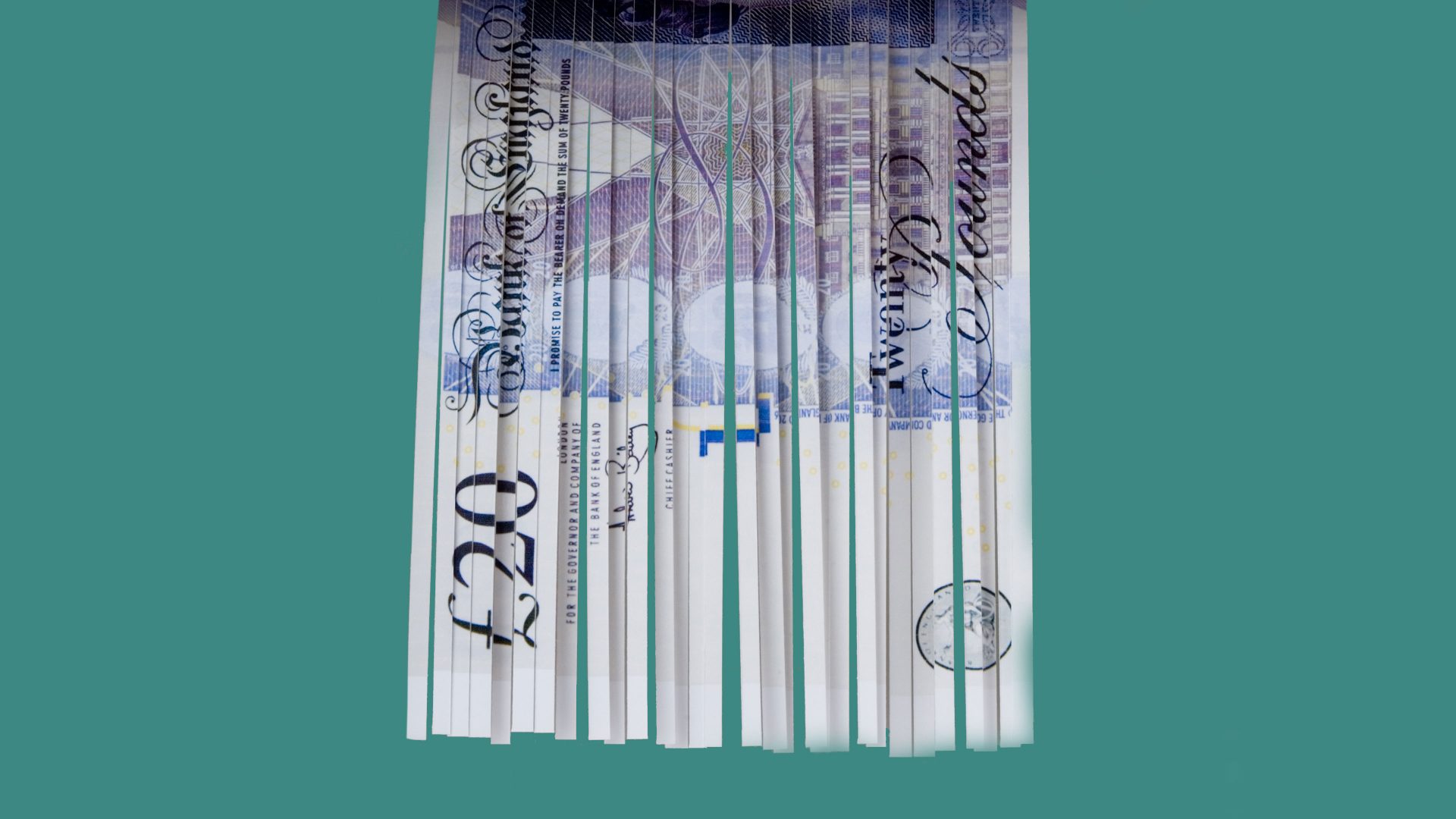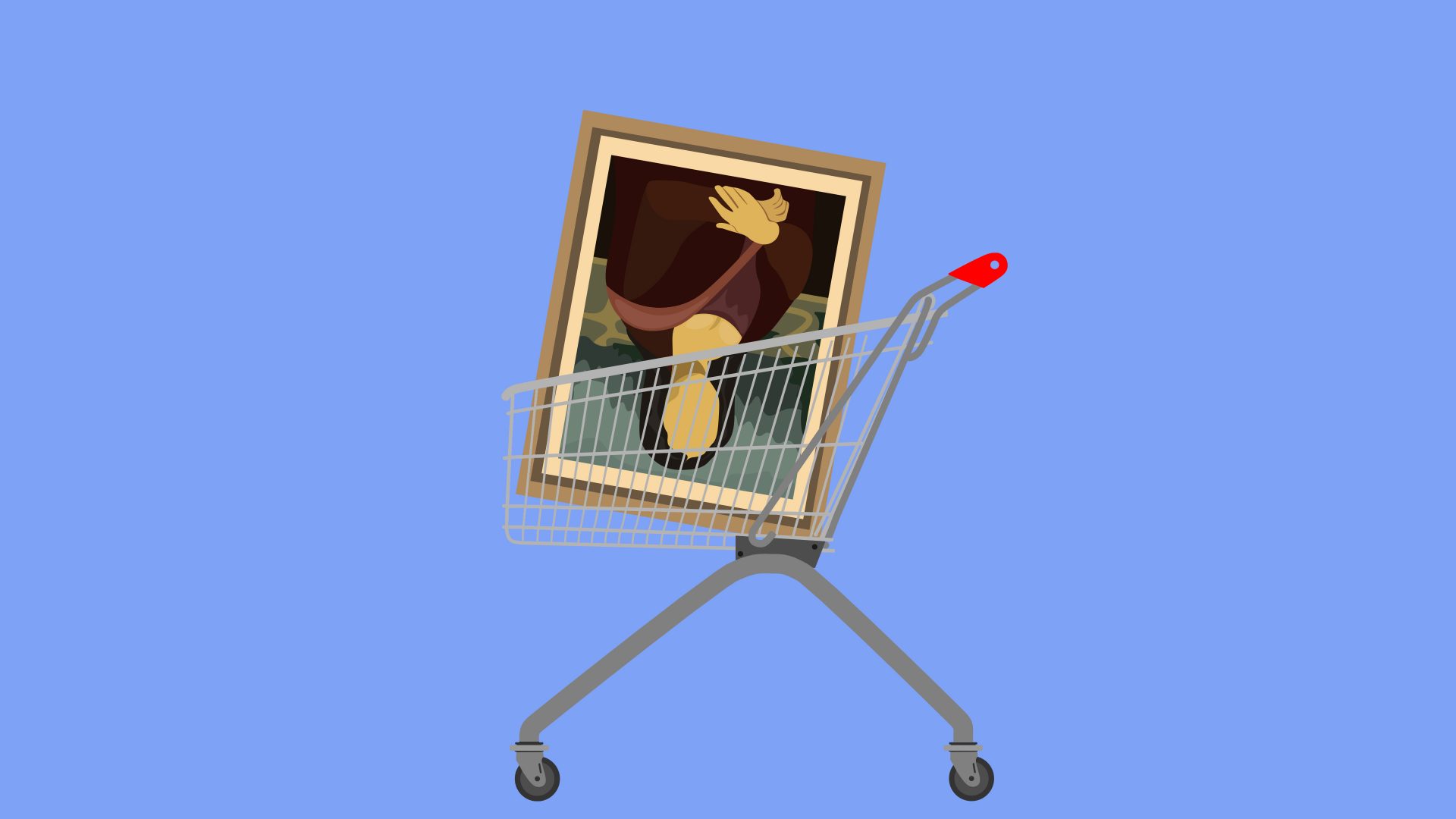The Bank of England is now between a rock and a hard place: inflation has topped 9% – way above the 2% target mandated by the Treasury. In response, its rulebook says it should lift interest rates – on top of the four rate rises announced since December – to damp down growth.
Yet growth has already stalled: the economy stagnated in February, shrank slightly in March and – with families cutting back on luxuries to pay for food and energy – looks set to slow sharply over the summer.
With much of the cost-of-living surge driven by supply constraints – of gas, food, silicon chips and skilled workers – raising interest rates could knock the economy into a recession, even as the cost-of-living crisis carries on.
And though many countries are facing this dilemma, top financial analysts are now saying what the government and the Bank will not: Brexit is a major factor.
It is now clear that the introduction of post-Brexit trading rules in 2021 has majorly disrupted our ability to trade with Europe. A study by the London School of Economics in April revealed a sudden 25% drop in UK imports from Europe, while the number of export relationships between British and European firms fell by 30%.
As a result, players in the highly volatile foreign exchange market are starting to take “short” positions in sterling – in effect betting that the value of the pound will fall. And that’s on top of the loss of 7% of its value against the dollar this year.
In a stinging report last month, Bank of America’s forex strategist, Kamal Sharma, said sterling was beginning to look like an “emerging market currency” – that is, a currency whose value is subject to weakness, sharp fluctuations, political manipulation and speculative attacks.
Brexit, he says, has put the UK into a much rockier position than the eurozone or the US, so that even as all central banks raise interest rates, confidence in the Bank of England’s ability to handle this situation is low, causing investors to shift to the eurozone. On top of that, the “politicisation” of economic policymaking – staging big fiscal rescue packages one month after another under public pressure – is starting to make the pound a risky bet for some investors.
Add to that the repeated threat to rewrite the Brexit agreement unilaterally – over the Northern Ireland Protocol – which would trigger a trade meltdown with Europe, and you can see why investors are worried.
Sharma’s “emerging market” jibe caused dismay in financial circles, but was hardly heard amid the noise of the Ukraine war, the endless Boris Johnson follies and the Platinum Jubilee. Yet it’s the latest sign that, by opting for a hard Brexit, the Conservatives – and their voting base – metaphorically jumped off the diving board without checking there was water in the swimming pool.
Each week brings new cries of pain from people once enthusiastic for a hard Brexit. Three-hour queues for Brits at Spanish airports, while Irish passport holders breeze through undelayed; British exports declared unsellable in Europe if the Tories go ahead with threats to rip up trading standards. And the rolling shortage of workers – from baggage handlers to elderly care workers – is crippling the UK’s ability to grow its way out of the Covid crisis.
That’s why, for the first time in years, we’re seeing influential Tories like Tobias Ellwood talk openly about a return to the Single Market. I would vote for that tomorrow, if the EU would have us back – but let there be no confusion: the UK would become a rule-taker, not a rule-maker – from an economic block whose interest, now more than ever because of the Russian threat, is in ever-closer economic and political union.
Brexit is the kind of mistake not easily reversed: like wedging your car so tightly against a wall that you cannot manoeuvre without doing extra damage. And politically, even the mention of reversal is enough to set the hackles of Red Wall voters rising.
So Labour, too, just like the Bank, is between a rock and a hard place. Even as increasing numbers of voters understand that the Conservatives’ Brexit agreement is a disaster, Labour cannot win an election on a pledge to do anything other than to “make Brexit work”.
It will take time to unpick this mess. And with families panicking over the cost of living, politicians will rightly say it’s not the most urgent issue. And that’s what the forex strategists understand: the whole of British politics is paralysed by a mixture of inflation, stagnation and the need to deny the catastrophic impact of leaving the EU. That’s why they’re betting against our currency.
The way forward depends not on what Sir Keir Starmer says about Brexit in the Labour manifesto, but whether Labour members this summer can get proportional representation through as party policy. If they do, after the next election, the way is open for a sea-change in British politics: a Labour-led government that enacts radical constitutional change.
If the progressive majority of voters were truly represented, and all four nations of the UK got their say, Britain could chart a path back to Europe. Our partners would know they were dealing with a country permanently insured against the kind of xenophobic nationalism Johnson and Nigel Farage peddled.
Britain could begin negotiations for a customs union with the EU, laying the basis for more ambitious reconnections later on. It could allay remaining fears about EU migration with new employment laws – though with care homes and airports paralysed for lack of staff, anxiety about migration has fallen.
To achieve this without a reactionary backlash we need to take time – and make every experience a teachable moment. And there will be no moment more teachable than finding how little your pounds buy in euros at the airport exchange desk this summer.
They said Brexit would make Britain great again. Now some of the sharpest minds in the financial world are comparing our currency with that of Turkey, Mexico and Brazil.




